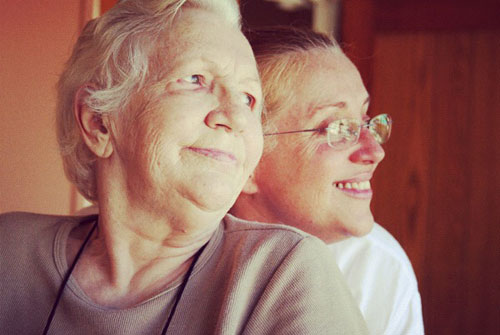Victim-offender mediation and the rights of the victims
VICTIM SUPPORT AND MEDIATION
If we wish to describe in a sentence the dominant view on victim-offender mediation amongst victim support professionals and organisations, we could say that this practice has been gradually accepted, although with some reservations and limited to certain contexts.
The mediation characteristics described above underlie the reservations that have been raised because these characteristics conflict with the fundamental victims' safeguards. That is, questions about free and informed consent, preparation of the victims and the adequate training of the mediators have to be ensured so that secondary victimization does not take place.
Regarding the availability of mediation services, victim support officers and organisations call attention to the fact that, in practice, this mechanism is available only to a scarce minority of the victims. A significant percentage of crimes is not reported to the authorities; out of the reported crimes, the offender is identified only in a few cases; mediation can only be used in some of these cases, depending on the law or norms in place; and, finally, out of these, the offender is willing to participate only in some cases. All these conditions make it clear why mediation has such a very narrow application.
Additionally, the timings for the victim and the mediation process do not coincide, i.e., the moment in which the victim starts to need support is immediately after the crime and therefore it takes place before the time mediation is possible and fit for purpose.
These reasons demonstrate why it is impossible for the mediation to respond, exclusively, to all the needs of the victim, as these go far beyond the outcomes of a communication process with the offender. Victim-offender mediation is not specialized support to the victim of crime.
This does not mean however that mediation is not useful, as its advantages to victims are well known. Thus, it should be viewed as an integral instrument of a wider plan of assistance and support that, alongside others, can decisively contribute to victims overcoming the effects of the crime suffered.
Victim Support Europe, the entity that congregates the national victim support organisations in Europe, approved in May 2004 a Statement on the Position of the Victim within the Process of Mediation, in which, it supports restorative justice (as a means to promote and protect the rights and interest of the victims). It recognizes the impact and the benefits of mediation whilst raising some issues that still need to be addressed.
This Statement proposes guiding principles concerning the victims within mediation processes:
» Mediation requires the victim to be involved, and it is essential that their interests are fully considered –the victim's interests must be taken into account as early as the selection phase, and the offender's interests as well.
» Resorting to mediation depends on the free and informed consent of the participants, to whom the right to withdraw at any time is recognized;
» The victim-offender mediation is different from similar mediation processes in other areas – the victim-offender mediation should include the assumption that the offender accepts responsibility for his/her act and acknowledges the adverse consequences of the crime for the victim;
» It is absolutely necessary that the facilitator and the other participants in the mediation process have adequate training on the specific problems of the victims of crime.
The Statement also makes explicit the fundamental rights of the victims of crime in the process of mediation:
» Recognition of their status as a victim of crime and their position protected;
» To be fully informed about the process and the potential outcomes, as well as to receive information about the supervision procedures of the implementation of eventual agreements;
» To have information about where they can obtain support and advice;
» To have the necessary time to make a decision and to obtain advice (varies according to the crime and the characteristics of the victim);
» Equality of access to legal assistance before, during and after the process, which should be foreseen within the legal support;
» Possibility of choice between direct and indirect mediation.






